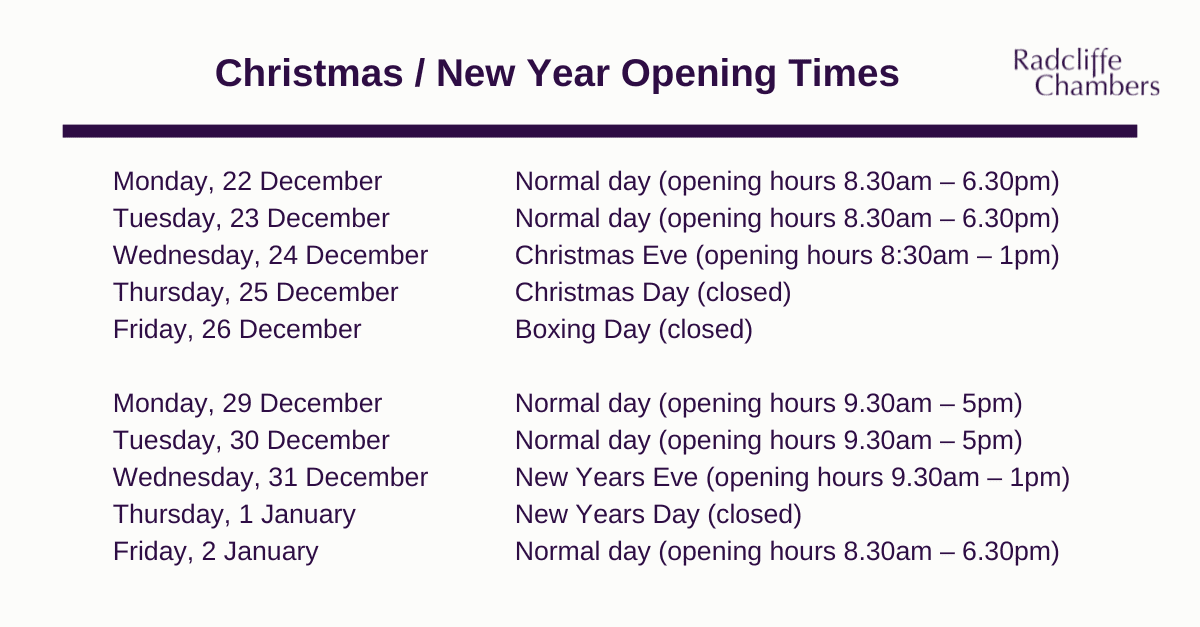Airways Pension Scheme Trustee Ltd v (1) Fielder (2) British Airways plc [2019] EWHC 3032 (Ch) and [2019] EWHC [3027] (Ch)
The long-running litigation between British Airways and the trustee of one of its pension schemes has been brought to an end with the approval by Mr Justice Zacaroli of the trustee’s decision to settle its appeal to the Supreme Court.
Henry Day, led by Jonathan Hilliard KC, acted for the trustee on the application.
Background
The dispute arose following the Government’s announcement in 2010 that it intended to use CPI instead of RPI for increasing public sector pensions under Pensions Increase (Review) Orders (“PIRO”). Due to its public sector origins, this new practice applied to the Airways Pension Scheme.
In 2011 the Scheme’s then trustees decided to use their unilateral power of amendment to amend the Scheme’s rules by inserting a power to grant discretionary pension increases. In 2013 the trustees exercised this power to grant an increase of 0.2%, being half the then gap between RPI and CPI.
BA issued proceedings in December 2013, challenging the trustees’ decisions on a wide range of grounds. Following a seven-week trial in 2016, those challenges were rejected by Mr Justice Morgan (British Airways plc v Airways Pension Scheme Trustee Ltd [2017] EWHC 1191 (Ch) and [2017] 5 WLUK 603).
BA appealed to the Court of Appeal, which in July 2018 held by a majority (Lewison and Peter Jackson LJJ, Patten LJ dissenting) that the 2011 decision was invalid because it was a use of the Scheme’s power of amendment for an improper purpose (British Airways plc v Airways Pension Scheme Trustee Ltd [2018] EWCA Civ 1533). The 2013 decision was therefore also held to be invalid. Unusually, the Court of Appeal granted the trustee permission to appeal to the Supreme Court.
In January 2019 Mr Justice Arnold granted the trustee Beddoe relief to pursue the Supreme Court appeal and an indemnity from Scheme funds in respect of its costs, holding that there is no inflexible rule against a trustee obtaining Beddoe relief for an appeal, the question for the court instead being whether the trustee would be acting in the interests of the trust as a whole by appealing (Airways Pension Scheme Trustee Ltd v Fielder [2019] EWHC 29 (Ch)).

